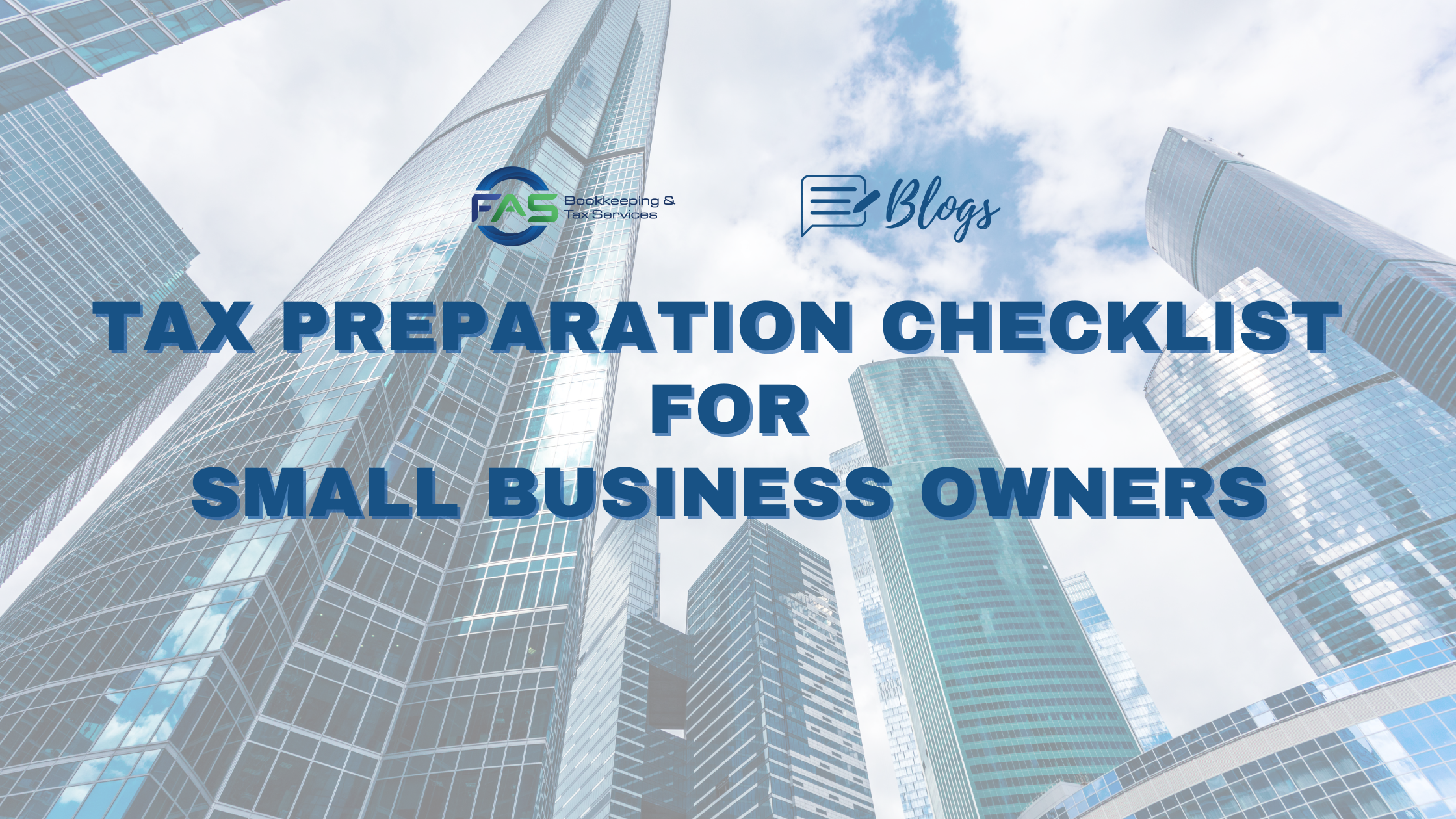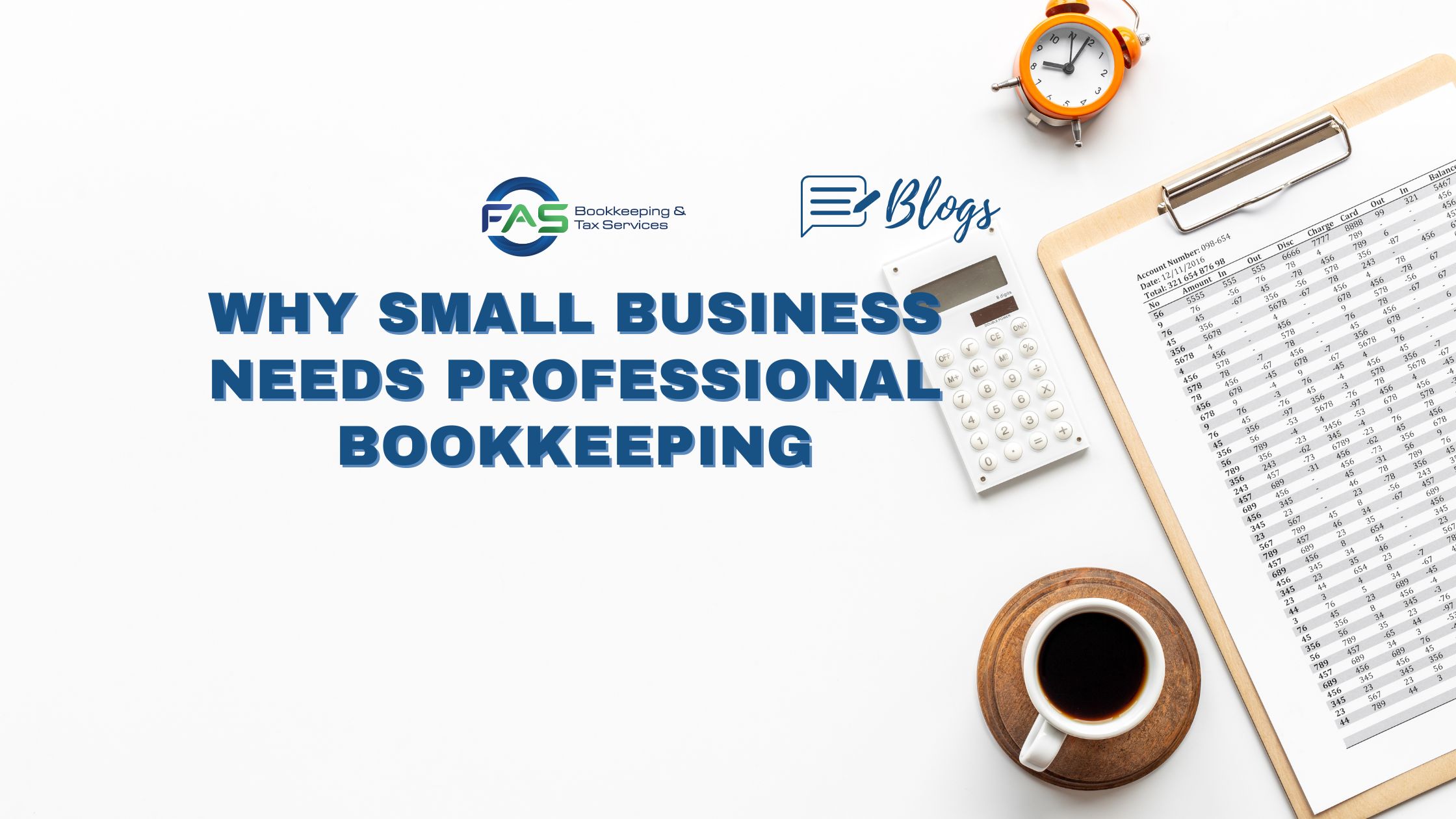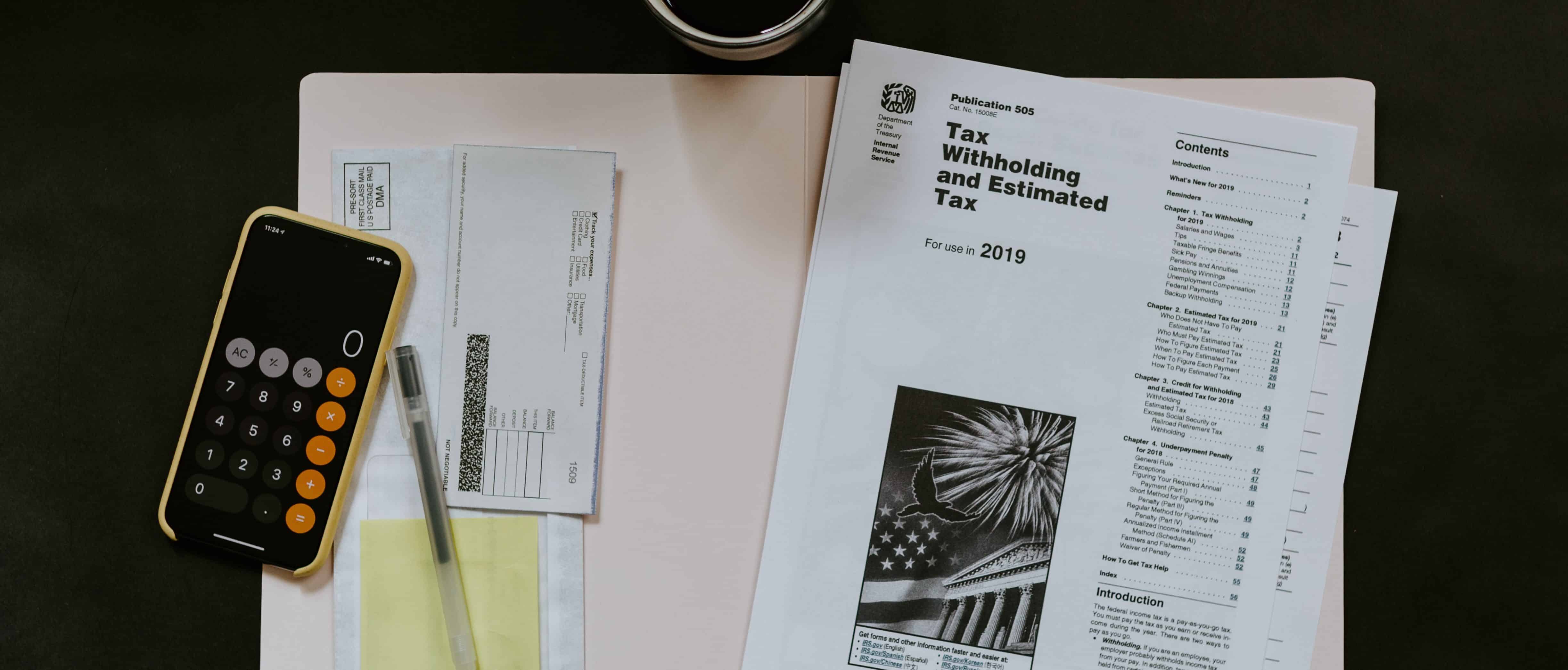It’s understandable that a lot of taxpayers might be overpaying their taxes due to lack of information, misinformation, and folklore regarding tax planning and strategizing. Besides, the tax code is complicated.
With that in mind, here are some common small business tax myths that once debunked may have you rethinking your business tax planning:
-
Choosing to Become an LLC Means You Will No Longer Pay Self-Employment Taxes

Deciding to become a limited liability company (LLC) will make the owners of the company not personally liable to its debts and liabilities, but that does not take away the need to pay for self-employment taxes. However, you may choose to file as a sole proprietor, which is your default status if you are a single-member LLC.
Choosing to file as a sole proprietor or a partnership will make you continue to pay your self-employment taxes based on the entire net income you earn from your business.
It would be wise to consult with an Enrolled Agent to explore your choices.
-
Home Office Deduction Is A Red Flag for An Audit

Operating a business or working from the comfort of your own home is much more common nowadays. Claiming home office deduction is no longer a red flag when you follow the rules of IRS. The office space must be used exclusively for business purposes. It must also be the principal place of business or where you regularly meet with your clients and customers. It would be helpful to consult an Enrolled Agent if you need confirmation whether you follow these rules set by the IRS for home office deduction.
-
Overpaying the IRS Makes You “Audit Proof”

Paying more than what you owe to the IRS will not remove the chances that you might be selected for an audit. More so, it would not have any effect on the outcome of an audit.
They would take a closer look at you if you underpay your taxes. Another reason is if you are unable to substantiate the expenses you have claimed. If you want to have peace of mind and be audit ready in case your income tax return is selected for IRS examination, receiving good tax advice and properly documenting your expenses will greatly help.
-
Requesting an Extension to File Your Taxes Is an Extension to Pay Taxes

Filing the respective form to extend the time to file your tax returns would not extend the time to pay for your taxes. You are still required to pay your taxes by April 15th. Interest and penalties will still begin accruing from the date your taxes are due.
Hiring an Enrolled Agent if you are uncertain whether you owe taxes can assist you in estimating your tax due, as well as determining if payment should be made with the application for extension.
-
Enlisting Someone to Prepare Your Tax Returns Means You Will Receive Tax Planning Advice

When you finally decide to hire a professional to do your tax returns, it does not mean you will receive tax planning advice right then and there. The information you provide will be transferred and input into a tax return. After filing for the previous year’s tax returns is the only time you can start to get tax planning advice, should you wish to do so.
Tax planning is a process, it does not only include preparing the tax returns. It utilizes the contents of the Internal Revenue Code and the Enrolled Agent you would hire would study your business financial information to help you design a tax strategy within the bounds of established tax rules and regulations.
Now that these tax myths are debunked, tax planning should be less of a C.H.O.R.E.!
For more tax consulting help, contact us today at admin@fas-accountingsolutions.com or at (832) – 437 – 0385.





